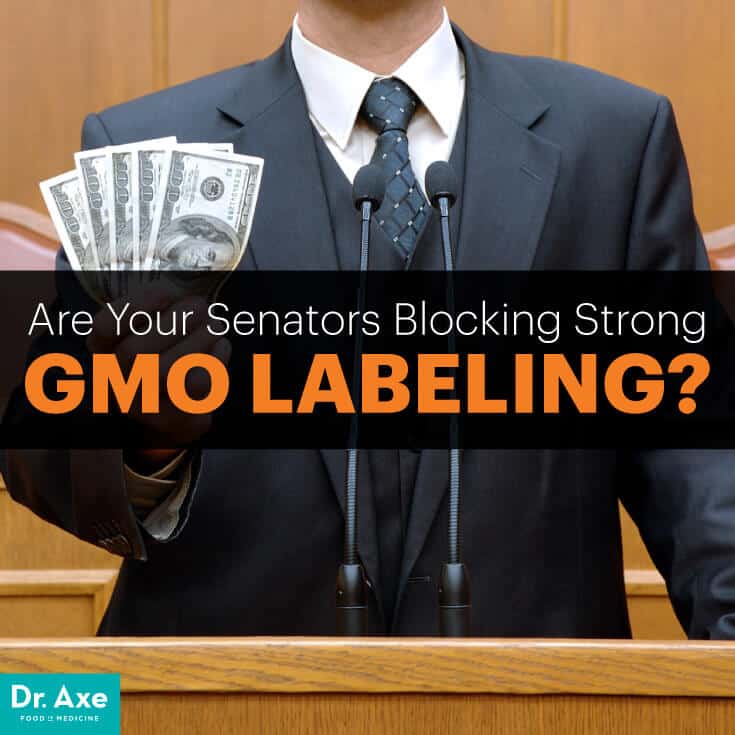This Dr. Axe content is medically reviewed or fact checked to ensure factually accurate information.
With strict editorial sourcing guidelines, we only link to academic research institutions, reputable media sites and, when research is available, medically peer-reviewed studies. Note that the numbers in parentheses (1, 2, etc.) are clickable links to these studies.
The information in our articles is NOT intended to replace a one-on-one relationship with a qualified health care professional and is not intended as medical advice.
This article is based on scientific evidence, written by experts and fact checked by our trained editorial staff. Note that the numbers in parentheses (1, 2, etc.) are clickable links to medically peer-reviewed studies.
Our team includes licensed nutritionists and dietitians, certified health education specialists, as well as certified strength and conditioning specialists, personal trainers and corrective exercise specialists. Our team aims to be not only thorough with its research, but also objective and unbiased.
The information in our articles is NOT intended to replace a one-on-one relationship with a qualified health care professional and is not intended as medical advice.
GMO Labeling Law: Did Your Senators Vote to Keep You in the Dark?
July 8, 2016

A clear label that shows Americans what’s in their food seems like a no-brainer when it comes to general democracy and basic rights, but the majority of the U.S. Senate seems to think otherwise. In a 63–30 vote Thursday night, the Senate blocked Vermont’s historic GMO labeling law and passed national GMO labeling legislation that is “weak” and “full of loopholes.” The vote now heads to the U.S. House of Representatives.
Although the Senate technically voted for GMO labeling, the version of the bill they voted on contained watered down language, essentially letting the food corporations decide if they want to clearly label GMOs found in food products or use a “QR” code, something shoppers would scan with smartphones to find out more about possible GMOs in food. (Most shoppers never bother to scan those codes.)
It also preempts state laws that call for mandatory, easy-to-understand, on-package GMO labeling, meaning if passed in the House, would strip Vermont of its newly enacted law mandating easy-to-understand GMO labeling on food.
The vote is considered a win for the chemical farming industry and corporations like Monsanto and Dow that create GMO seeds and pesticides designed for use on those seeds. A win for human health? Not so much.
Key GMO Labeling Law Facts & Backlash
“The GMO labeling legislation passed by the Senate [Thursday] night falls short of what consumers rightly expect — a simple at-a-glance GMO disclosure on the package,” says Gary Hirshberg, chairman of Just Label It and Stonyfield Farm. “It also contains ambiguities that could needlessly narrow the scope of biotechnologies covered and is vague on what GMO content levels require labeling and enforcement penalties for non-compliance.”
He explains adds that pro-GMO labeling efforts now need to focus on effective implementation that delivers what all consumers want and deserve. “While we regret that Vermont’s landmark labeling bill will now be postponed, it is now certain that within a few years, every GMO food will carry an on-package disclosure. Millions of consumers and hundreds of advocacy organizations have successfully moved America into the 21st Century.”
Senators Jeff Merkley, Barbara Boxer, Jon Tester, Pat Leahy, Bernie Sanders, Richard Blumenthal, and Chris Murphy voted “no” on the weak GMO labeling law, as they worked to give Americans the same rights as consumers in 64 other nations.
According to the Des Moines County Register: Sen. Bernie Sanders, I-Vt., blasted the bill as “weak” and “full of loopholes.” He said the legislation not only unfairly puts the onus on the consumer to do extra work to check ingredients, but it was unnecessary because several food companies have started to label their products ahead of Vermont’s first-in-the-nation labeling law that took effect July 1. (1)
Related: What Is Bioengineered Food? New Laws, Bioengineered vs. GMO + Risks
GMO Labeling Law: Did Your Senators Vote to Keep You in the Dark?
Find out if your senators supported this weak, industry-backed GMO labeling law:
 (2)
(2)
GMO Facts You Can’t Ignore
The Senate’s move is particularly disappointing when it comes to protecting human health and keeping healthcare costs down. Here’s why:
- While the GMO industry’s latest PR move is to promote GMOs as a way to create nutrient-dense crops, the truth is almost all of the GMO crops grown in America are glyphosate resistant and offer no nutritional edge compared to nonorganic crops.
- Most corn, soy, sugar beets and canola grown in the U.S. are GMO and receive multiple applications of glyphosate, the main ingredient in Roundup and related herbicides.
- The World Health Organization dubbed glyphosate a probable human carcinogen. (3)
- A 2014 Norwegian study found extreme levels of glyphosate in U.S. soy (4)
- Over 80 percent of our food contains GMOs (5)













